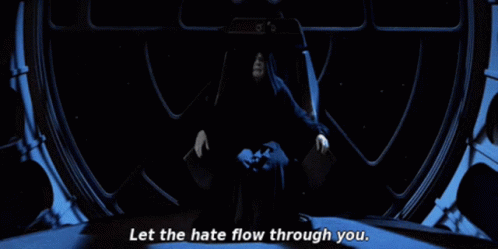165bows wrote:Gant wrote:Here's a long and interesting article about how to approach beating Boston. It's worth reading. Basically the idea is, don't help on the Celtics drivers because that's how they get spot up threes, which is an area they kill everybody.
I don't really agree with the conclusion. Teams have tried taking away the three with limited success. But this is well presented and worth the read.
Boston And The Math Apocalypse
Stop guarding the Celtics like other teams
* Teams let Boston off the hook by guarding them traditionally
* It will take a tailored defensive shift to actually beat them four times
* Boston’s real triumph is taking advantage of coach and player stubbornness
Hardwood Paroxysm
https://hardwoodparoxysm.substack.com/p/boston-and-the-math-apocalypse?r=h6ne&utm_campaign=post&utm_medium=web&triedRedirect=true
Looking forward to taking a look at this but I think this is how Boston plays more or less. Eg against Dallas, they send a lot of hedging kind of help and have a few spots where they help hard, but mainly they just make the other team's best player beat them.
Which sounds like maybe not a good strategy but perhaps the best way to say it is they make that guy beat 1.25 guys all the time and they just can't do it successfully enough and then ultimately just wear out.
So he makes some good points here and I liked the article but I totally agree it fell flat on having a conclusion that works.
Now, I’m not saying this is that simple. The efficiency on those attempts by Tatum and Brown are inherently impacted by the very help I’m advocating against. If you don’t send help, they convert more of them and the efficiency goes up.
But look at those numbers. Tatum has to add 10 points for every 100 possessions he drives to make up that difference.
He plays devils advocate with himself by mentioning the obvious counter point to his argument - that all the numbers he is citing are based on how teams currently play the Celtics. So it truly doesn’t work to say ‘hey just contest threes harder and give less help in isolation to limit the threes’ and then assume no other variable changes.
Point being we get the tendency for rim attempts to move towards less variance than three point shots. In other words he brings up the best counter argument to his point to sort of neuter it but really doesn’t counter it.
I think he both over exaggerates the quality of the team (are people still saying ‘no one can beat Boston? Like in the off season?) and also glosses over that it’s not just Boston’s scheme but also the personnel. Ie, Boston more or less does do what he is recommending on defense, but they have better one on one defenders while other teams have fewer scoring threats. So is it really some sort of thick headed hubris on the part of other teams?
It’s telling to see the statistics and worthwhile esp for the anti-three crowd. But I agree it’s like he had a lot of good data and then kind of struggled to make a steamy narrative out of it.






















